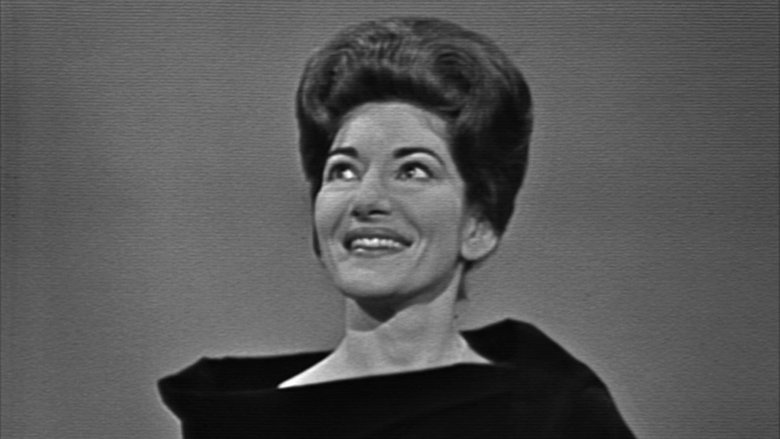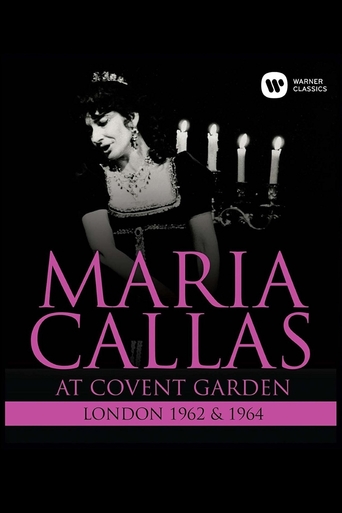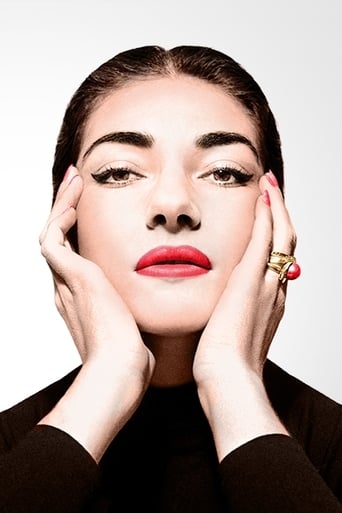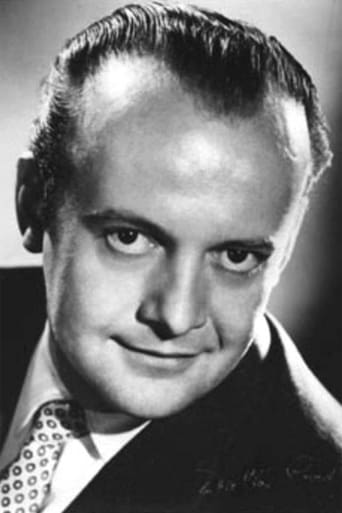Maria Callas’ legendary live performances from the Royal Opera House, Covent Garden, from 1962 and 1964 celebrate her triumphant return to the Covent Garden stage. Repertoire from these performances include Verdi: Tu che le vanità (Don Carlo), Bizet: Habanera & Séguedille (Carmen) and Puccini: Tosca (Act II complete). Her vivid portrayals of the tragic Elisabeth de Valois, the tantalising Carmen, and her vulnerable Tosca (directed by Franco Zeffirelli) captured the hearts of the London audiences. This is Maria Callas as the world remembers her. Renato Cioni, Tito Gobbi, Robert Bowman, Dennis Wicks Orchestra & Chorus of the Royal Opera House, Covent Garden- Conducted by Georges Prêtre & Carlo Felice Cillario.
Similar titles
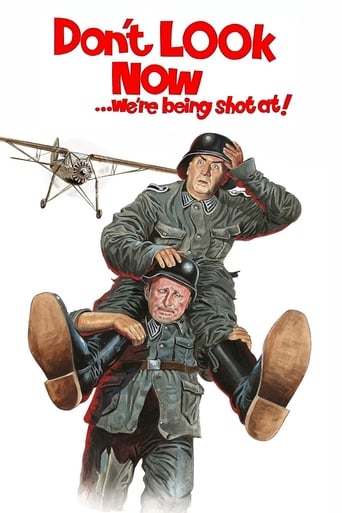
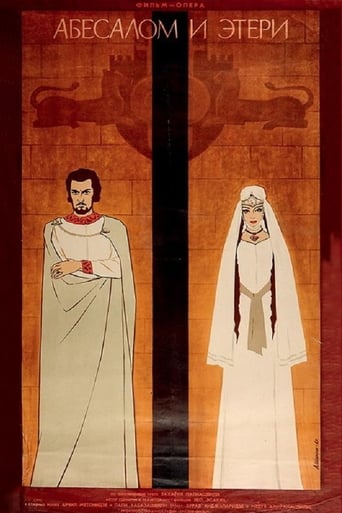
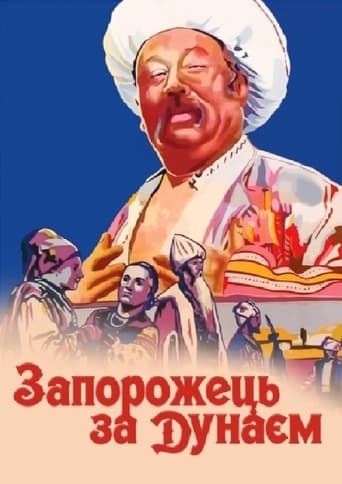
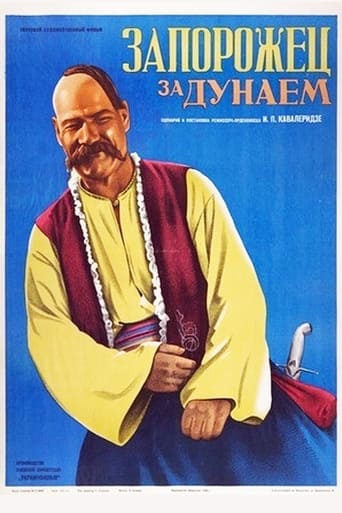



Reviews
Why so much hype?
One of my all time favorites.
Great Film overall
Let me be very fair here, this is not the best movie in my opinion. But, this movie is fun, it has purpose and is very enjoyable to watch.
A unique opportunity to see Maria Callas and Tito Gobbi sing fit to make the stars fall from the firmament. Zeffirelli's direction and staging are excellent too. It's a high point in opera. I may be mistaken, but I read somewhere that this (Act 2) is the only act filmed (and thus recorded for posterity). How very strange - who makes these kind of decisions ? Or who creates a situation in which such decisions become necessary ? It's like devoting a movie to a "Massacre of the Innocents" by Rubens and showing only the upper left corner of the painting ; or like devoting a movie to the career and discoveries of doctor Pasteur, and then highlighting only his late adolescence and early adulthood.Still, this fragment is worth watching and admiring - and how. When I was young, I considered the plot of "Tosca" an over-the-top melodrama, but in growing older I grew more mellow. There are moments of real perception here, such as the way in which Scarpia tries to force his attentions on an unwilling Tosca. He basically tries to rape a stunned and innocent woman - and when it looks as though he will achieve his aims, he tells her that he accepts her kind offer, as he has always been a fool for pretty women asking him something nicely. And of course, he has always been too good for this world... The person who wrote this chilling little scene knew a lot about the psychology of rapists and bullies.
This Covent Garden performance is legendary. The music is just sublime from start to finish, and Franco Zeffirelli's costumes and sets are wonderful. The picture quality is somewhat primitive but still clear enough, while the sound while rather iffy in some of Tu Che Le Vanita is good as is the conducting. While Tu Che Le Vanita and Habanera are brilliant both in music and staging, the highlight is the tour-De-force that is the second act of Tosca.The singing and acting varies to just okay to phenomenal. Weakest was Renato Cioni's Caveradossi, great voice, stiff acting. Robert Bowman and Dennis Wickes are much more competent in the acting, but perhaps strained vocally. The rest though is phenomenal. Maria Callas I think deserves her status as a giant of opera. While there have been times when I haven't warmed to her voice finding her high notes sharp and wobbly on occasions I admire her hugely for her dramatic intensity and her musicianship. You see this here particularly in Tosca.Her Tu Che Le Vanita is lacking in security in some of the high notes, but the interpretation is dramatically moving, while her Habanera fares even better. She is at her best in the 1964 second act Tosca, while not perfect vocally she does have some fine moments especially with Vissi D'Arte, and as expected her acting, interpretation and musicianship are astounding. Dominating this performance is Tito Gobbi's Scarpia. Like with Callas, I occasionally find I don't quite warm to Gobbi's voice. No doubt he can sing, it is a good voice, and his Posa, Iago and Tonio are among the best interpretations of these roles, but there are times where I can find him shouty and strained in the high register, particularly as Figaro and Don Giovanni.He has been better vocally, but that doesn't matter really, because his singing is really quite powerful here. What makes Gobbi one of my favourite Scarpias is his acting, when it came to musicianship, interpretations, intelligence and intensity Gobbi for me was one of the best there was. You see that with his Scarpia, while there is an element of humanity, he is also sinister and downright despicable. Staging-wise, the murder scene and Callas and Gobbi circling the table like predator and victim were really inspired, the latter is an image that I have never forgotten.Overall, while there are imperfections, this is a legendary performance, and contains one of the best Toscas and Scarpias you will see. 10/10 Bethany Cox
This is, sadly, the only filmed performance of Maria Callas in any opera. Film technology was primitive and what's more cameras were never allowed in operas, unlike today. Director Franco Zefferelli designed the sets and costumes to this Tosca in London's Convent Garden. Maria Callas was not in her best voice as years of wear and tear had taken its toll on her voice, but this is still a fabulous performance of Tosca, though it is incomplete (we see only Act 2). Callas is not very subtle here- she rages, she loves, she murders the villain Scarpia. He is played by the excellent Tito Gobbi. For fans of Callas, this an absolute must have. It is a document, a great moment in musical history. Callas would never sing Tosca after this. Her voice would decline and in 1977 she died in Paris of a heart failure.
Top Streaming Movies











